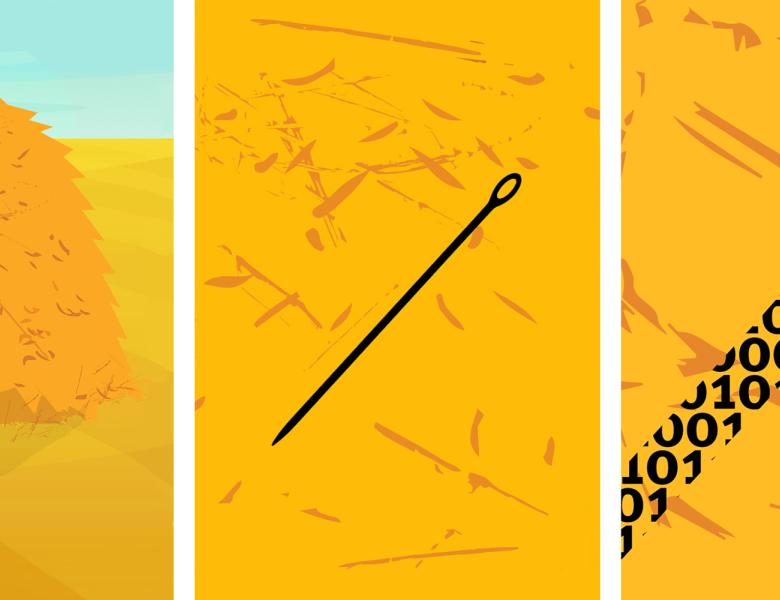
Abstract
Don’t we all dream of the perfect assistant whom we can just tell what to do and the assistant can figure out how to accomplish the tasks? Formally, given a specification F(X,Y) over the set of input variables X and output variables Y, we want the assistant, aka functional synthesis engine, to design a function G such that F(X,G(X)) is true. Functional synthesis has been studied for over 150 years, dating back Boole in 1850’s and yet scalability remains a core challenge. Motivated by progress in machine learning, we design a new algorithmic framework Manthan, which views functional synthesis as a classification problem, relying on advances in constrained sampling for data generation, and advances in automated reasoning for a novel proof-guided refinement and provable verification. On an extensive and rigorous evaluation over 609 benchmarks, we demonstrate that Manthan significantly improves upon the current state of the art, solving 356 benchmarks in comparison to 280, which is the most solved by a state of the art technique; thereby, we demonstrate an increase of 76 benchmarks over the current state of the art. The significant performance improvements call for interesting future work at the intersection of machine learning, constrained sampling, and automated reasoning.


